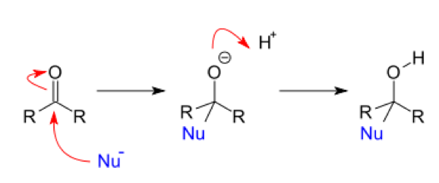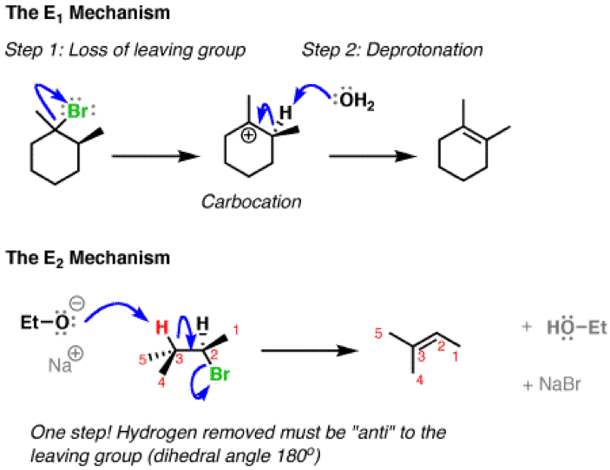
Although some people genuinely enjoy it, organic chemistry is stigmatized as the bane of every science major's curriculum. Before you actually take one or two courses in this subject, the horror stories that you've heard from those who have already taken these courses fill you with anxiety and leave you fearing the unknown. I'm not going to sugar coat it: organic chemistry is difficult but not impossible. As long as you devote enough time to study for the exams and figure out an effective study system (I used flashcards), you will be fine when it's all said and done. If you have ever taken an organic chemistry class or if you are currently taking one now, you know that there are feelings and experiences that only a past, or current, organic chemistry student understands.
6 steps to Acing Organic Chemistry
1. Remember: Orgo is time consuming
Spend at least 8 hours per week studying outside of class. Studying outside of class is the best way to learn Organic Chemistry, but make sure you also make it to your lectures!
2. Practice tests are your BFF
Doing practice exams is the #1 best way to study. This is pretty conclusive. The more you practice old exam papers the more you will build your confidence.
3. Learn to love mechanisms
Try to learn the mechanism of as many reactions as possible whilst also fully understanding the fundamental principles behind “arrow pushing”. This is vitally important as it will allow you to work out the mechanisms of unfamiliar reactions from first principles. Just remember that virtually all organic reactions fall into one of four categories: additions, substitutions, eliminations, or rearrangements. An example of each is illustrated below:
Addition
 Substitution
Substitution
 Elimination
Elimination

Rearrangement

4. Flash cards are great
I personally love the idea of making your own flash cards. This worked a treat for me whilst I was preparing for my “Orgo” exams. It is beneficial from two standpoints: 1) you practice lots of problems and 2) you learn as you are creating them.
5. Watch Videos
In this day and age, we have a lot more resources at our disposal, which was not entirely the case when I was an Organic Chemistry student! I find that tutorial videos provide a short and effective teaching of specific problem-solving skills and is a great supplement to passive textbook learning. Nowadays, you have access to specific topic videos which is extremely useful if you are struggling with a particular reaction or mechanism. I have enjoyed the use of simple You Tube videos, whilst tutoring, to illustrate, clarify and reinforce a point that I wanted to make to a student that was struggling with a concept. It worked like a charm!
6. Learn more, memorize less
It is imperative that you learn the material and not just memorize it. This will ensure that you are making a concerted effort to understand the key concepts and fundamental principles. I guarantee that this will help you leaps and bounds!
In summary, I know Organic Chemistry can be hard, there are no two ways about it, but I hope to have convinced you here that there are ways to make it easier and you CAN learn it. My 6 steps will allow to you process the information being thrown at you in a more efficient manner. Enjoy it and have fun along the way. Good luck!
Are you interested in connecting with an organic chemistry tutor this semester?

Comments